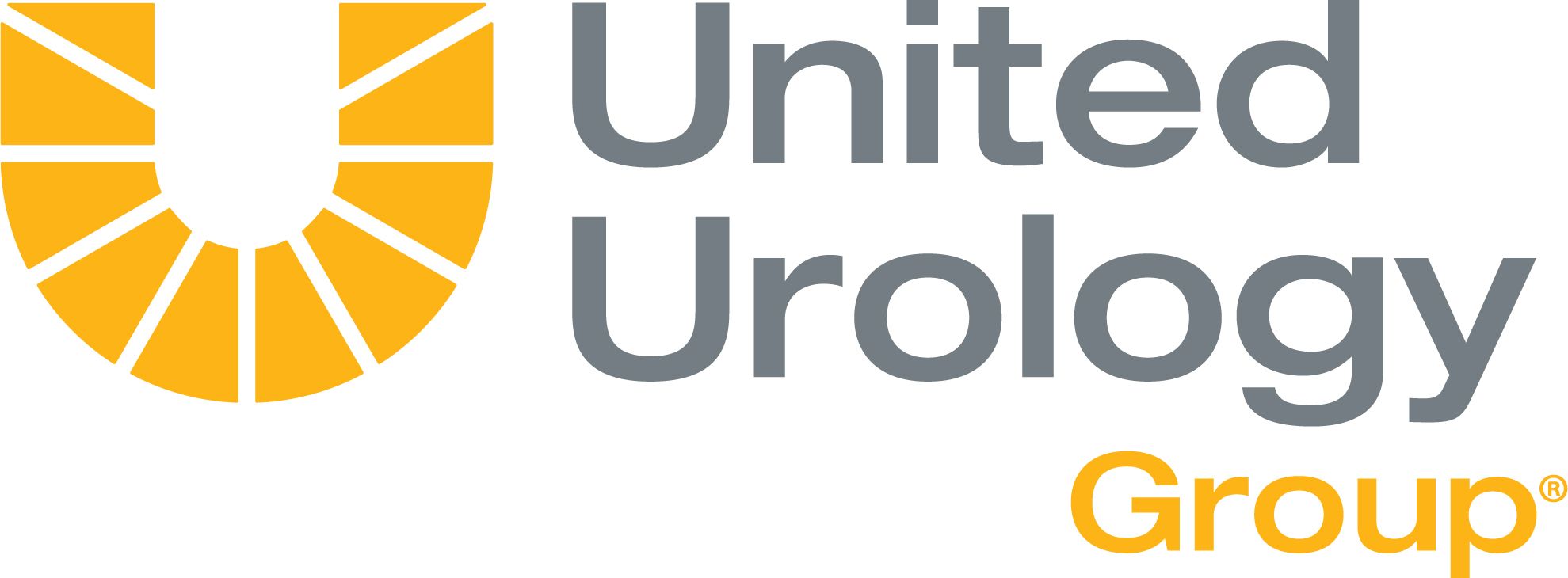
Mark Edney, MD, on 3 key principles that improve job satisfaction

“What creates job satisfaction are 3 principles: mastery, autonomy, and a sense of purpose,” says Mark T. Edney, MD.
In this video, Mark T. Edney, MD, highlights the 3 key principles that improve job satisfaction according to Daniel H. Pink, who authored the book “Drive: The Surprising Truth About What Motivates Us”. Edney specifically considers these principles in the context of integrating advanced practice providers (APPs) into urologic practice. Edney is a urologist with Chesapeake Urology in Salisbury, Maryland.
Video Transcript:
With respect to integrating these APPs in a way that increases their job satisfaction—helps you the most clinically with your clinical burden, but maintains their job satisfaction. One of my favorite leadership books, and I mentioned this during the during the talk, Daniel Pink wrote a book called "Drive". This is probably now 15 years old, but the principles remain. He was the first one to put together the notion of what creates job satisfaction. If you go back to the 60s and 70s, people thought it was money. If you pay people more, they'd be happier on the job. It's actually not the case. What creates job satisfaction are 3 principles: mastery, autonomy, and a sense of purpose.
Mastery. Give them the ability to become good at something on their own. Again, the example in our group is Joy doing his advanced prostate cancer clinic. He's become the local master of advanced prostate cancer, and that creates tremendous job satisfaction. He loves being the go-to guy when we have questions. "Hey, Joy, this drug vs that drug? What would you suggest?" "Well, I would suggest this drug, because this study said this, and this is the literature." He can do that, and that mastery is really good for him.
Autonomy. We've got to be available for them, we've got to train them up, but you also need to let them go. Let them practice urology without hovering and being a smothering oversight. You need to provide appropriate oversight. Arms length, talk to me when you need to talk to me. If I see something that I need to reach out to you about, I'm going to do it. But let them practice urology so that sense of autonomy, like I have my own practice, I can make my own decisions, is really critical.
The final point that Pink makes in that book is a sense of purpose. The sense of my job actually has a critical role in the organization I'm working in, and I can see where my role relates to the whole. They need to not feel like they're an island out there on their own, without any kind of connection to the mothership. We are all on this team together. Your role is critical, and this is how what you do makes it easier for me to do what I do. This is how this all comes together to provide community urology care.
As long as they understand their purpose, they have a sense of mastery of something and give them some autonomy. Those 3 elements combined absolutely elevate job satisfaction and make them happy. It makes them stick around. Once you train up an APP and you get them some experience, you don't want to go somewhere else, because they can. They can easily. They'll leave. They'll go somewhere else. You want them to feel like they've got a place here that they value. They value being part of your team. They've been allowed to develop a certain amount of autonomy and mastery of the subject, and they feel well supported. They feel like a colleague with their docs. They don't feel like an employee. They feel like a medical colleague. I think if you do those things, you're going to be extremely successful at integrating APPs.
This transcript was AI generated and edited by human editors for clarity.
Newsletter
Stay current with the latest urology news and practice-changing insights — sign up now for the essential updates every urologist needs.






